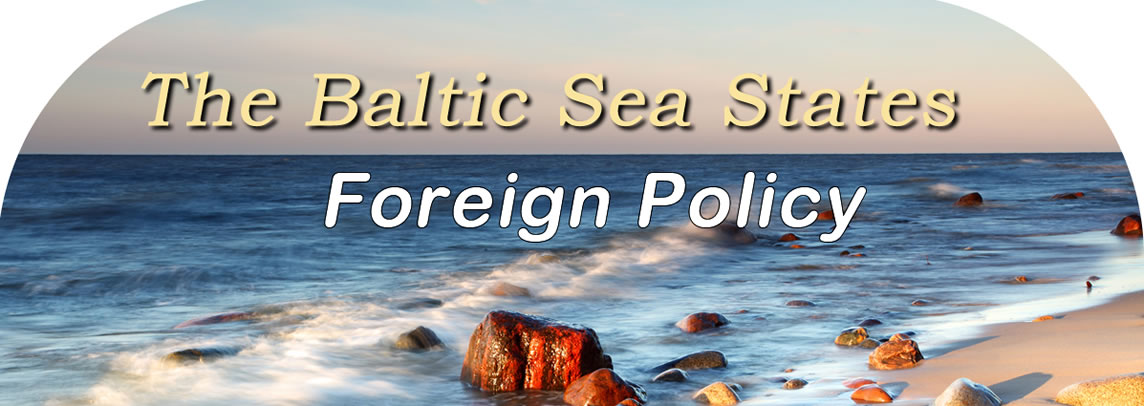
The Foreign Policy of Norway
Norway is a democratic
monarchy in Scandinavia. It is not a member of the European Union
(EU) but it is part of the European Economic Area (EEA). It is an
important member of NATO. Norway joined the United Nations in 1945,
and the first secretary-general of the UN was Norwegian lawyer and
politician Trygve Lie.
The Vikings ruled Norway from around 800 to 1030 AD. After that,
Norway was a kingdom and ruled over countries such as Iceland,
Greenland and the Faroe Islands. From 1380 to 1814, Norway was in a
union with Denmark. From 1814 to 1905, Norway was then unified with
Sweden and in 1905 it became an independent country. However, in
1940 Adolf Hitler and Nazi Germany invaded Norway, rendering it
occupied during the Second World War.
Norway was liberated from its occupation of Germany on May 8, 1945
when the Nazis surrendered to the Allies. To protect itself from
Soviet aggression during the Cold War, Norway joined NATO in 1949.
Norway was one of only two NATO countries to share a border with the
USSR.
Because of its northern location, NATO forces often train in Norway
for arctic and winter warfare. Norwegian forces have taken part in
the war in Afghanistan as part of NATO and the UN, and Norway has
taken part in numerous UN peacekeeping deployments.
Norway tried to join the European Economic Community (EEC -
forerunner of the European Union) in the 1960s but was rebuffed due
to its close ties with Britain. In the 1972 it had a chance to join,
but while the Parliament voted to join the EEC it gave the public a
referendum and the public voted against it. The public again voted
against EU membership in 1994. Currently, while Norway is not a
member of the EU it does enjoy close ties with the Union. Norway has
its own currency and its own laws on migration and immigration.
The Foreign Affairs Minister is responsible for Norwegian foreign
policy, as the the head of the Norwegian Foreign Ministry. As a
Scandinavian country, Norway enjoys close relations with Sweden and
Denmark, including both economic and cultural ties. It enjoys close
ties with other European countries, including the United Kingdom.
During World War 2 the Norwegian King formed a government in exile
in London, and continued the struggle against the Nazis.
While Norway is not in the EU, it is affected by the policies of
large EU countries, such as the UK and Germany. It often works with
these countries on international issues. Norway also enjoys good
relations with the United States and Canada. It is an active member
of the UN, and plays an active part in global issues such as trade,
conflict and human rights.

© Baltic21.org
2013, All Rights Reserved |

